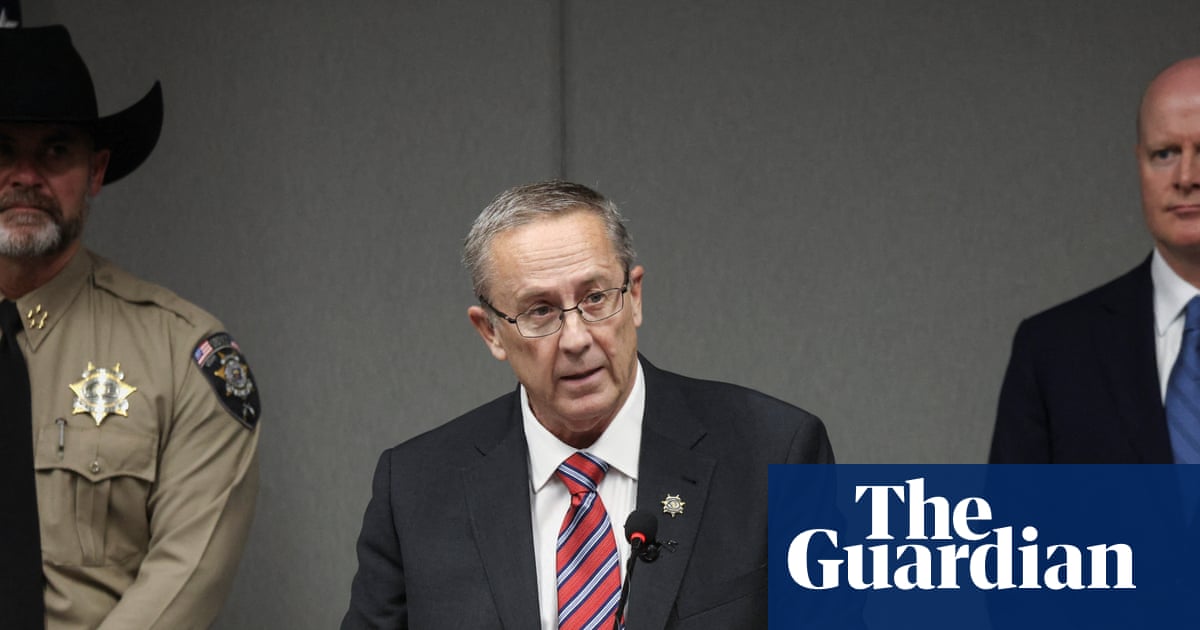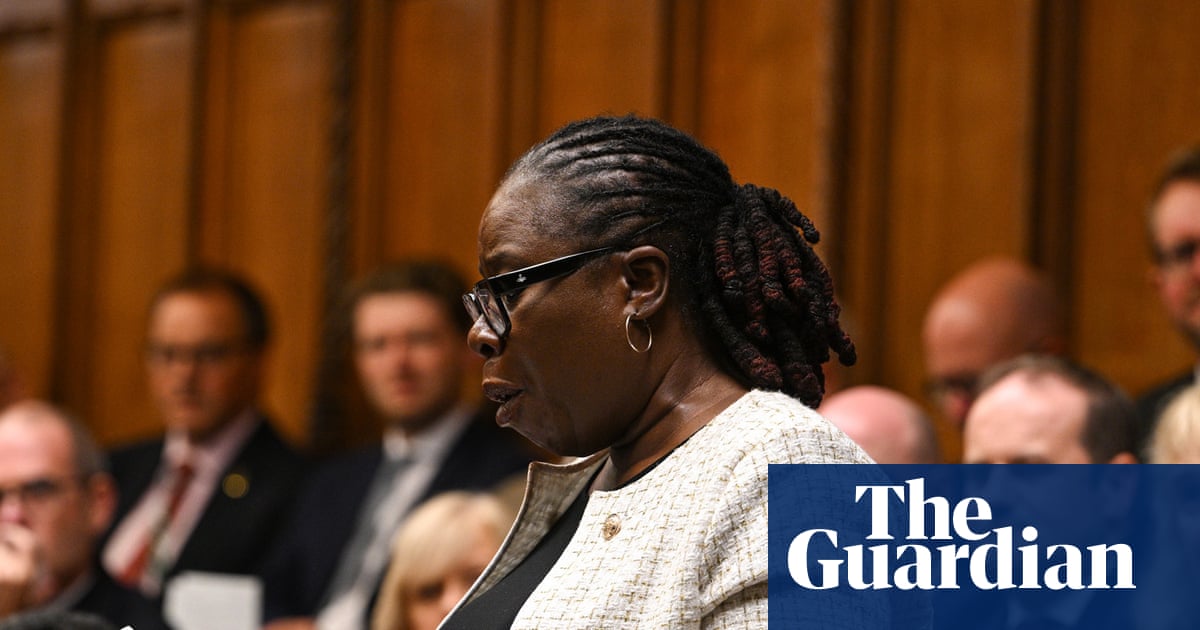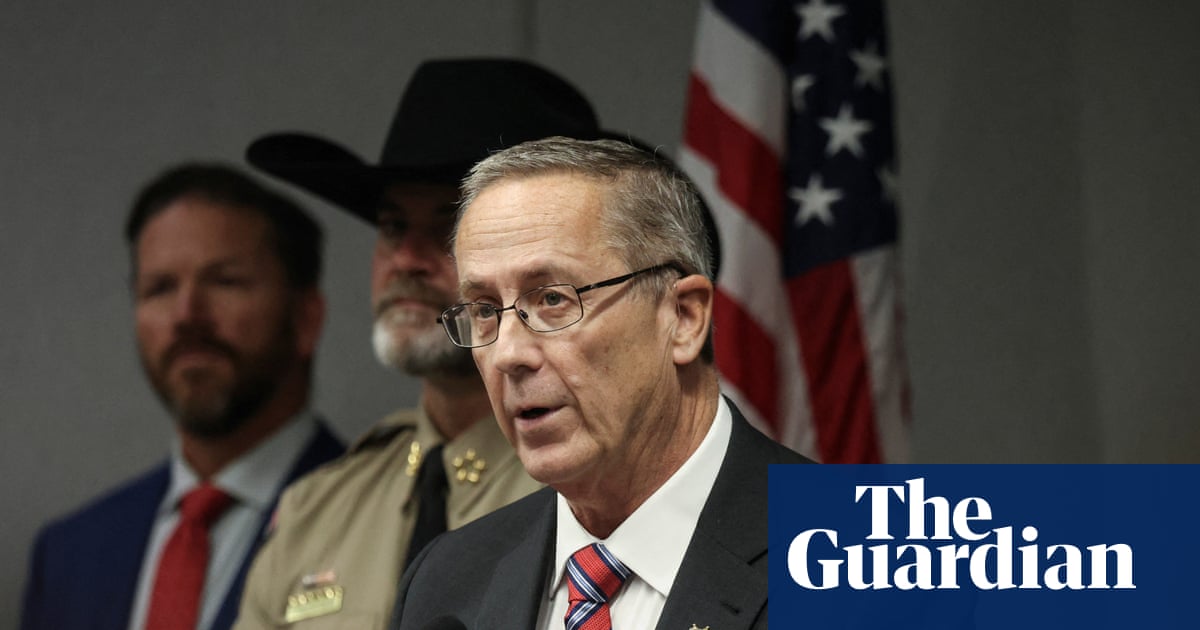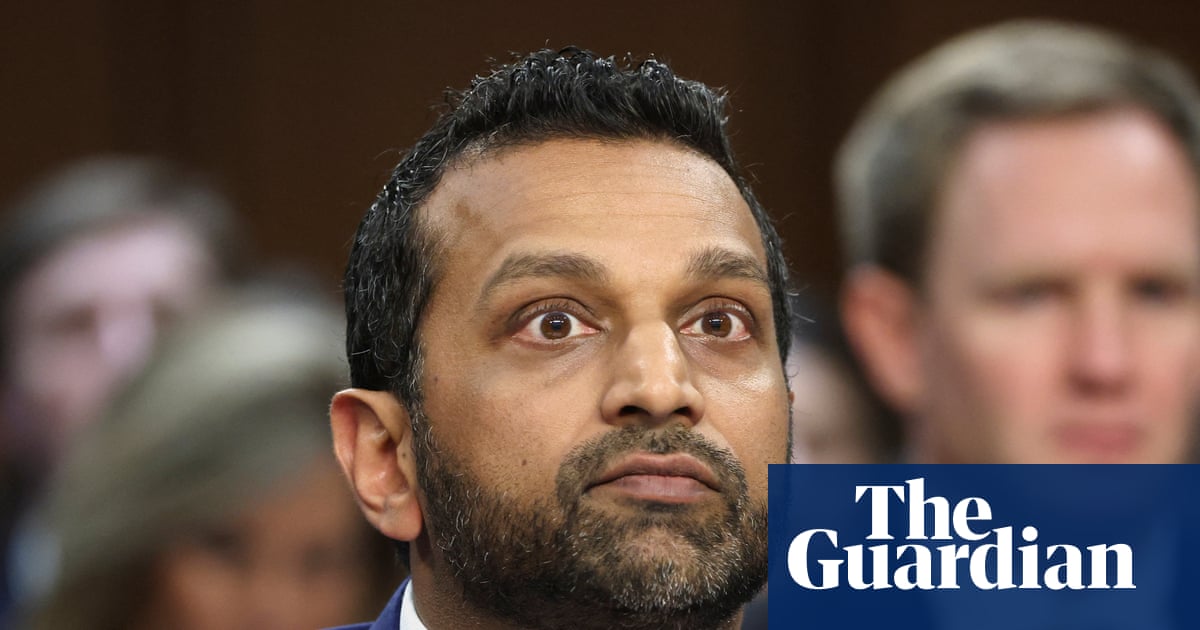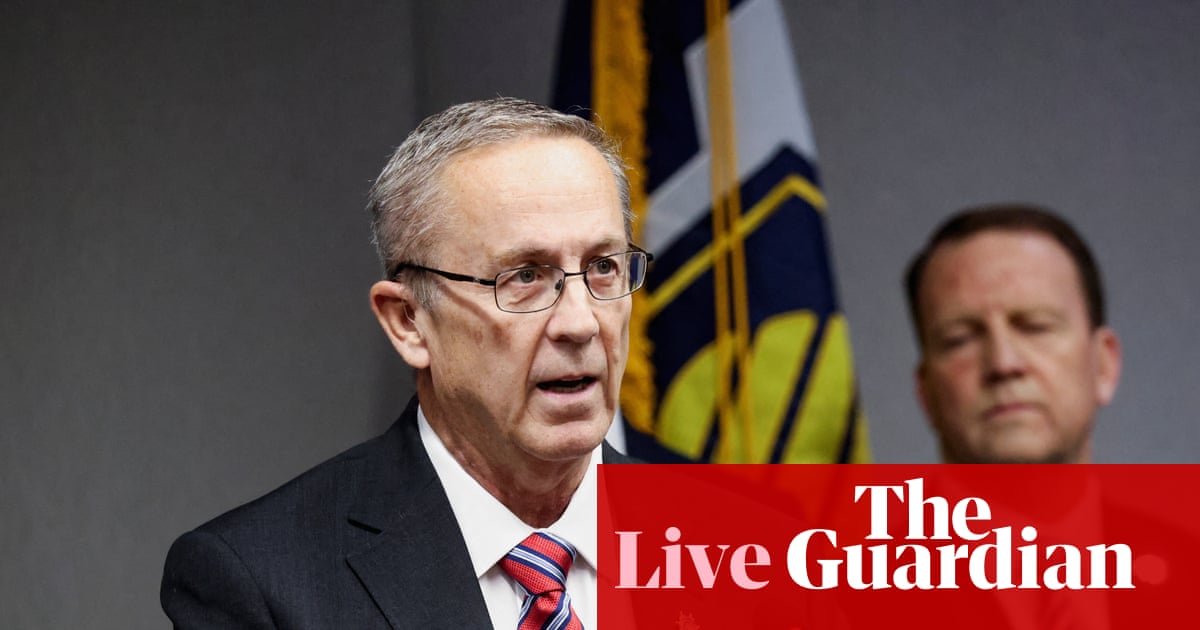Good morning. In theory spending review negotiations can go up to the wire, with the final talks to resolve sticking points taking place late at night, only hours before the decisions, and documents, are presented to MPs. In practice, it does not really happen like that now, last-minute haggling is no longer routine, and, with two days to go before the spending review that will settle government spending until 2019, only one cabinet minister has not yet settled.
Here are the key developments this morning on the issue that will dominate the week.
-
Angela Rayner, the deputy PM and housing secretary, settled with the Treasury late last night. The news was broken by Arj Singh from the i, who reports:
The i Paper understands that Rayner and Reeves agreed a deal just after 7.30pm after marathon talks on Sunday.
But Home Office and Treasury sources were tight lipped on Sunday, in an indication that negotiations over police funding are also going to the wire.
-
That means Yvette Cooper, the home secretary, is the only minister yet to agree a spending settlement with the chancellor, Rachel Reeves. In the Times Chris Smyth says police budgets are expected to rise by more than inflation, but other parts of the Home Office budget may face cuts. He reports:
It is understood that Reeves has insisted that policing budgets will rise in each year of the spending review, which sets funding up to 2028-29. However, it remains unclear if the boost will match the more than £1 billion extra officers say is needed to cover existing shortfalls.
Cooper is also expected to have to find deeper cuts elsewhere to boost police budgets. The Border Force has warned of longer queues at airports as it faces cuts to its £1.2 billion budget, saying there would be a “threat to national security” if it lost frontline staff.
-
Two police unions have launched a last-minute bid for extra money. In an article in the Daily Telegraph, Nick Smart, president of the Police Superintendents’s Association, and Tiff Lynch, acting chairman of the Police Federation of England and Wales, say:
Police are being asked to do more with less – again – as pressure mounts on already overstretched budgets.
Why? Policing faces a £1.2 billion shortfall. This is before it is asked to deliver the ambitious pledges of the new government.
Police forces across the country are being forced to shed officers and staff to deliver savings.
These are not administrative cuts. They go to the core of policing’s ability to deliver a quality service: fewer officers on the beat, longer wait times for victims, and less available officers when a crisis hits.
As a practical lobbying exercise, this is fairly pointless, because it comes too late, but the two unions are making their case to the public.
-
Chris Bryant, the culture minister, has said that the spending review will mark “an end to austerity”. He told Times Radio:
We know from running the government that spending money of itself isn’t an achievement. Spending money and getting results is an achievement and that’s why we are saying now with this spending review on Wednesday it’s an end to austerity …
That period of austerity where I think previous governments simply cut all public service budgets just because they believed that was what you had to do is over.
But he also said some budgets would be “stretched”. He said health and defence spending would rise, but added:
There are going to be other parts of the budget that are going to be much more stretched and be difficult.
Ministers have been promising the end of austerity at least since Theresa May was in office. Labour defends using this phrase on the grounds that overall government spending is going up in real terms. But there is no agreed definition of “austerity” and, if spending is falling in certain areas, that may feel like austerity, and so using the term does not contribute a lot to public debate. What it does mean, though, is that governments saying they are ending austerity definitely don’t want to be associated with George Osborne.
Here is our overnight story about the spending review.
Here is the agenda for the day.
Morning: Keir Starmer gives a speech at a London Tech Week event.
11.30am: Downing Street holds a lobby briefing.
Noon: Nigel Farage, the Reform UK leader, gives a speech at Port Talbot in south Wales.
2.30pm: Angela Rayner, the deputy PM and housing secretary, takes questions in the Commons.
Also, Starmer is meeting Mark Rutte, the Nato general secretary, in Downing Street today.
If you want to contact me, please post a message below the line when comments are open (normally between 10am and 3pm at the moment), or message me on social media. I can’t read all the messages BTL, but if you put “Andrew” in a message aimed at me, I am more likely to see it because I search for posts containing that word.
If you want to flag something up urgently, it is best to use social media. You can reach me on Bluesky at @andrewsparrowgdn.bsky.social. The Guardian has given up posting from its official accounts on X, but individual Guardian journalists are there, I still have my account, and if you message me there at @AndrewSparrow, I will see it and respond if necessary.
I find it very helpful when readers point out mistakes, even minor typos. No error is too small to correct. And I find your questions very interesting too. I can’t promise to reply to them all, but I will try to reply to as many as I can, either BTL or sometimes in the blog.

.png) 3 months ago
31
3 months ago
31

